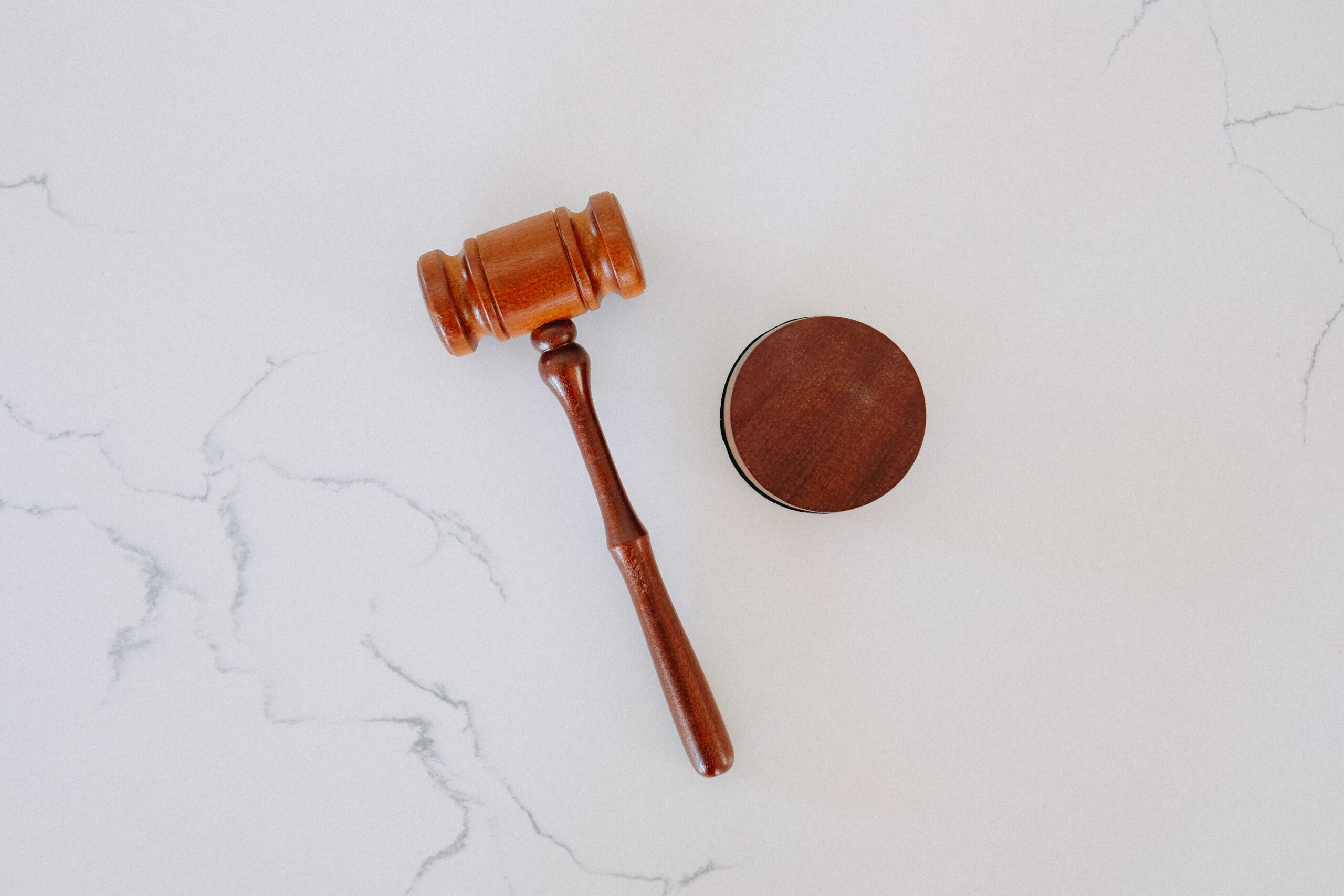Last week, a U.S. District Judge ruled that sales of XRP were not a securities offering when sold through digital asset exchanges, granting its issuer Ripple Labs a win in a years-long court battle with the U.S. Securities and Exchange Commission (SEC).
However, the Judge ruled transactions in XRP with regards to institutional sales of the token were securities offerings, having met the conditions of the Howey test. According to Ripple CEO Brad Garlinghouse, that decision was “the smallest piece” of the lawsuit from a broader perspective.
In an interview with Bloomberg, Garlinghouse said the ruling made it clear that XRP is not a security as a matter of law when it comes to sales through exchanges, compensation purposes and incentives around the XRP ecosystem.
“As a matter of law, the law of the land right now is that XRP is not a security. Until there is an opportunity for the SEC to file an appeal, which would take years, frankly, we are very optimistic,” he said.
Garlinghouse also said that Ripple was “very optimistic” that if the SEC does file an appeal, it would further solidify the judge’s decision.
According to former SEC official John Reed Stark, the court’s decision resides on “shaky ground” and will likely be reversed in an appeal. In a LinkedIn blog post, Stark called the decision troubling on multiple fronts.
“The Ripple Decision holds that the same exact token can be a security sometimes but not a security other times. And the more ignorance and willful blindness by retail investors, than the less protection the retail investors will receive,” said Stark.
If the SEC does want to file an immediate appeal, without waiting for the trial to conclude, it will have to either dismiss claims against the Ripple executives completely or seek an interlocutory appeal with permission from both the District and Circuit court, explained TuongVy Le, former chief counsel at the SEC and current head of policy at Bain Capital Crypto.
“Under the federal rules of civil procedure and appellate procedure, they have a very short window to obtain permission to file an interlocutory appeal. In fact, that they haven’t done so already suggests they’re not planning to, IMO,” she said.



